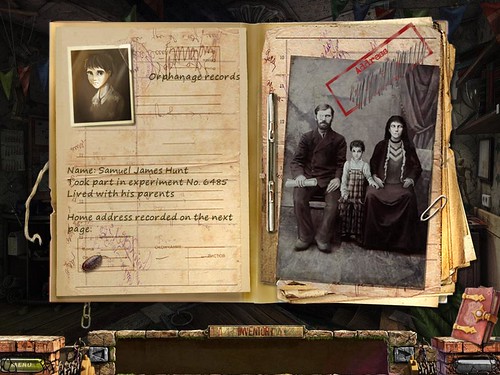These are the main questions I'm hoping to answer in three phases:
- As shown through experimentation, does the use of story in educational games offer
players an opportunity for deep learning beyond simply providing motivation or engagement?
- Does the use of nonlinear narrative or interactive storytelling improve engagement and/or learning?
- How can narrative best be incorporated into educational games? What set of metrics could
be developed to help game designers ensure that they are able to effectively tie together their story, educational content, and gameplay mechanics?
- Using this knowledge, what would a tool to support the authoring of stories for educational games look like?
In the second phase the set of metrics mentioned in the third research question will be developed. Established games and games of our own design will be used to iterate on the metrics until a reasonable set can be settled on.
Finally, the third phase involves writing a tool that will both help enhance an author's creativity when writing stories for educational games and help ensure the story is consistent with the educational content. How it will look depends, of course, on the results of the first two phases, but I am imagining using some AI techniques to help check consistency and make story suggestions. There may also be an opportunity to use some graph analysis, for example to take advantage of connections between content topics present on sites like Wikipedia.
One of the coolest things that's happening with respect to this plan is hearing excitement from writers who want to be able to write better interactive stories for educational games. I'm thrilled to have people I can speak with directly to ensure that what I do ends up being useful, and I may even have some professional writing help when designing our own games for our experiments. Hopefully it'll be win-win for all of us!
Did reading this raise any red flags to you? Do you have any ideas or suggestions? Please leave a comment and let me know! The more feedback, the better.


2 comments:
If you study "stories that can be removed without severely affecting the educational content", then you are looking at games which do not connect the story to the learning. Is that really what you are interested in studying?
Good question. As it stands there are some other issues with the approach described here as well... the plan evolves as we speak... :)
Post a Comment
Comments are moderated - please be patient while I approve yours.
Note: Only a member of this blog may post a comment.